EXCERPT: Human rights campaigners in the West African nation are cherry-picking which rights they defend on the basis of religion, culture, and tradition, leaving LGBTQ communities vulnerable.
AUTHOR: Kemo Cham
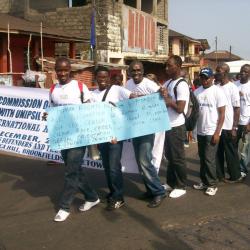
EXCERPT: Human rights campaigners in the West African nation are cherry-picking which rights they defend on the basis of religion, culture, and tradition, leaving LGBTQ communities vulnerable.
AUTHOR: Kemo Cham
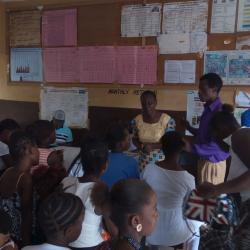
By Kemo Cham
When a room packed with activists was asked how many times pregnant women were expected to attend antenatal clinic, the responses were interesting and revealing.
“Two times…Three times…Four times…,” they guessed.

By Aroun Rashid Deen in New York City
Elections at their highest level in Sierra Leone are just months away. In March 2018, voters will go to the poll to elect officials of government, from the local councils to the presidency.
The period brings with it an inevitable sense of unease and curiosity particularly for members of the independent press in the country. Some journalists now quietly ponder the challenges ahead of them and how to confront them without compromising professional ethics.
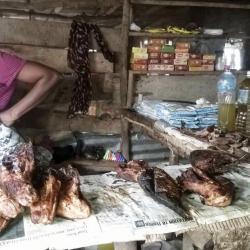
By Alpha Kamara
The Rogbaneh Road cold room in Makeni – a once buzzing market in the heart of Sierra Leone – stands empty. Very little fish is available on the stalls. For the fish mongers who rely on the trade, there’s little to do but stand idly by and wait and reminisce. It’s clear that their customers have gone elsewhere.
Their chairlady, 48-year-old Kadie Koroma thinks illegal and foreign fishing is killing their age-old trade.
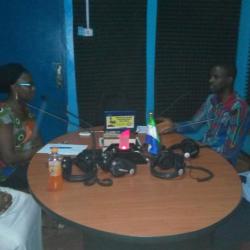
By Kemo Cham
Sammy Haffner is an anxious man; he faces the prospect of six months in jail if he fails to pay Le30m by the end of September.

By Imran Kanu
‘There's no such thing as a free lunch’. (Milton Friedman).
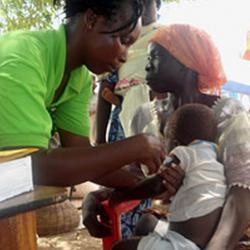
By Kemo Cham
Last week Liberian authorities identified Meningitis as one of the suspect cases in an ongoing outbreak of a 'mysterious' illness.
The Ministry of Health (MoH) of Liberia said reports from test samples pointed to the tropical disease that affects the brain and spinal cord, even though the World Health Organisation (WHO) appears to be unsure of that explanation.